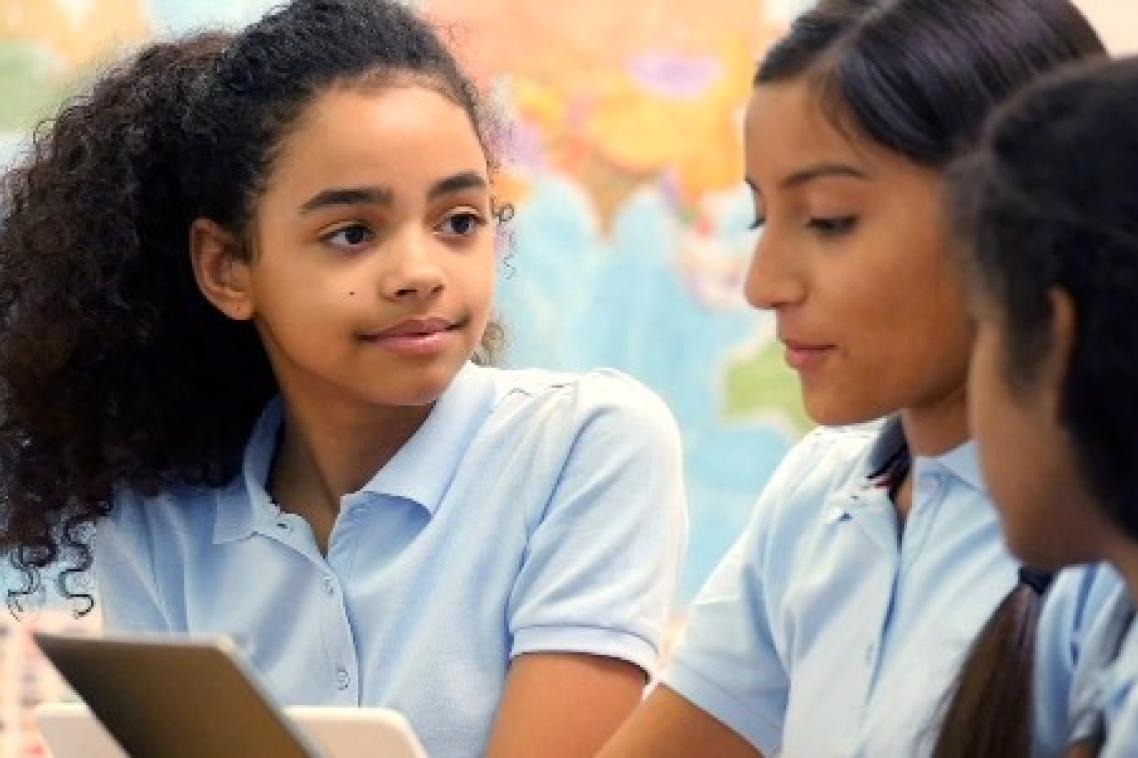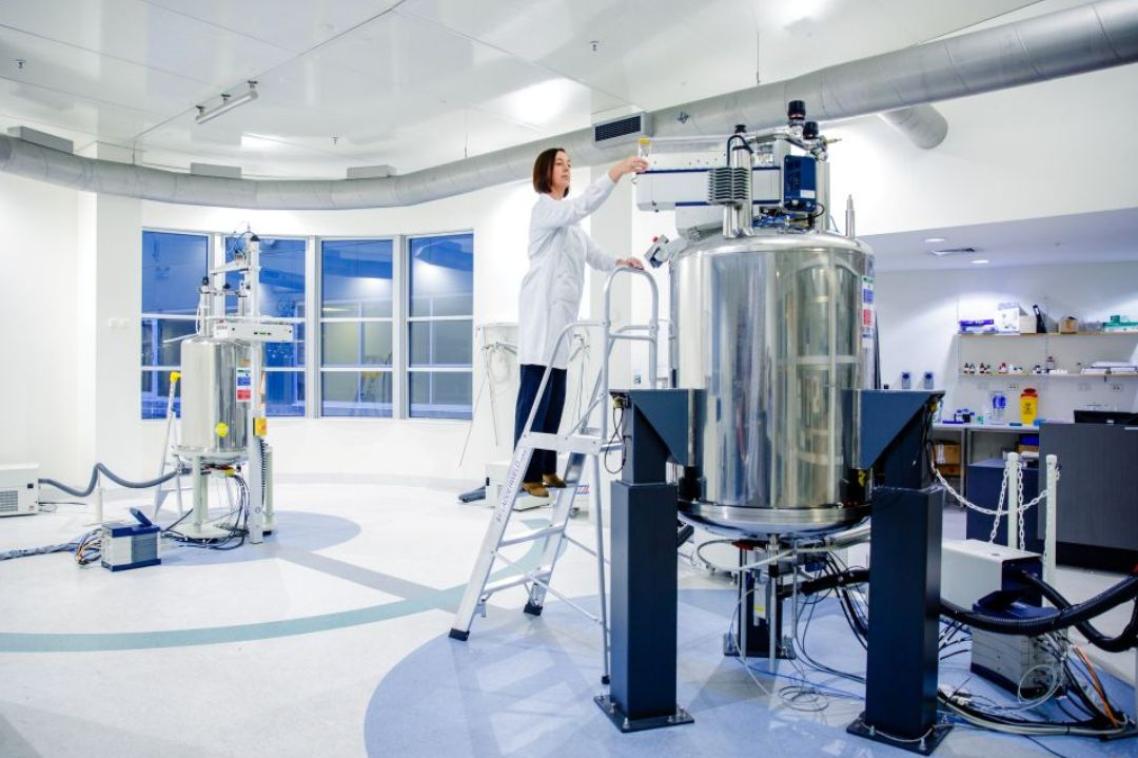Tackling disadvantaged children's education post-COVID

COVID-19 has exposed fault lines in the education system for already disadvantaged students who are more likely to be severely impacted by the pandemic.
A University of Queensland study is examining the effect of the COVID-19 pandemic on young people's learning to put forward evidence-based solutions for improving the education system.
UQ’s Institute for Social Science Research (ISSR) director Professor Mark Western said the pandemic may have deepened the divide between certain groups of children.
"If we don't address these problems now, we run the risk of these children not achieving their education potential,” Professor Western said.
Through a grant from the Paul Ramsay Foundation, ISSR researchers are rapidly assessing the needs of those children who face poorer educational outcomes and employment prospects.
Professor Western said three groups of young people were identified as the most likely to have their learning outcomes compromised.
"We know that young children who started school already behind, older students who were already at risk of disengaging and those who have had contact with the child protection system will need significant support," he said.
The Learning through COVID-19 project is structured across three stages, and the research team is finalising interviews with at-risk children, parents, educators and service providers to gain first-hand accounts of their learning experiences throughout the pandemic.
“By gathering this evidence, we have the opportunity to assess and recommend the most suitable evidence-based solutions to ideally come back stronger than before the pandemic,” Professor Western said.
Paul Ramsay Foundation Chief Executive Officer Professor Glyn Davis AC said that the solutions provided by the researchers would help address the most acute problems of disadvantage and highlight the areas where there was the greatest need for support services.
"Education is a way out of cycles of disadvantage. If the pandemic leads to declining outcomes for already vulnerable students, we must act,” Professor Davis AC said.
“The lessons learned and solutions identified in this study will support children and young people to complete a fulfilling education and achieve their potential.”
Find out more about the Learning through COVID-19 project, including the stage 1 findings here.
*Update: Read the stage 2 report here.
Media: UQ Communications, communications@uq.edu.au, +61 7 3365 1120.
Topics
Related articles

UQ ranked second nationally in AFR Best Universities Ranking

UQ experts recognised for national impact
Media contact
UQ Communications
communications@uq.edu.au
+61 429 056 139

